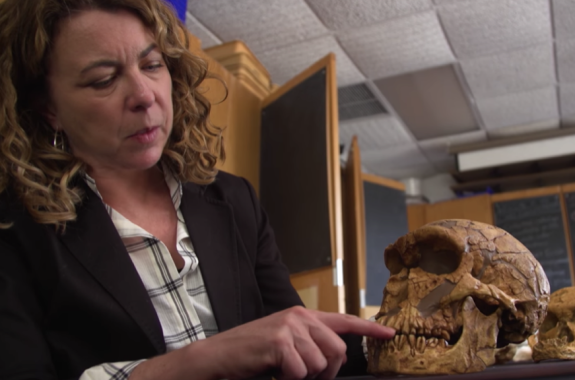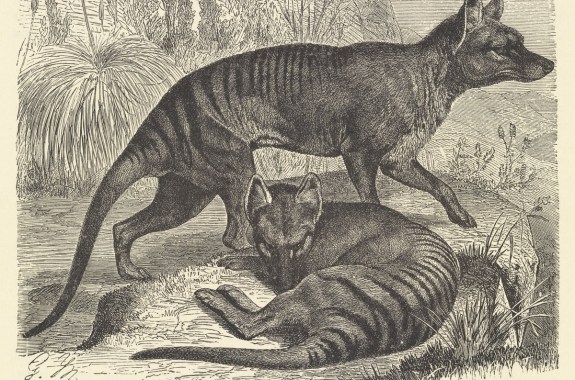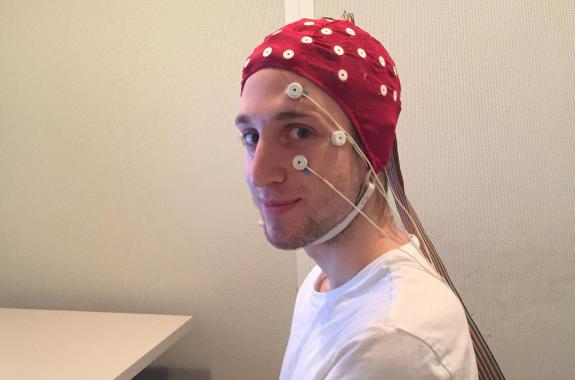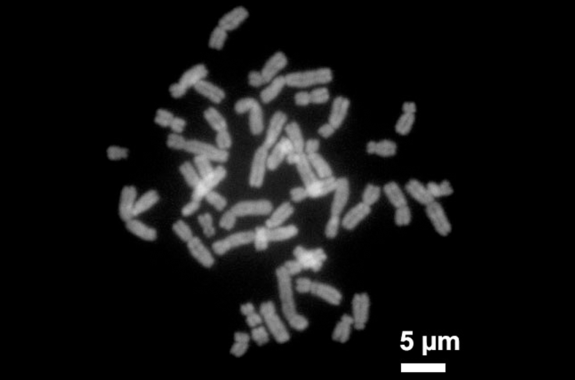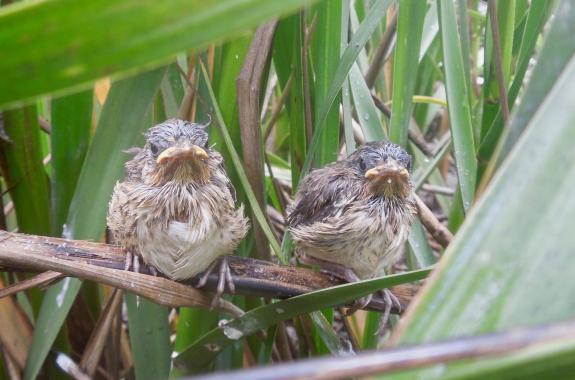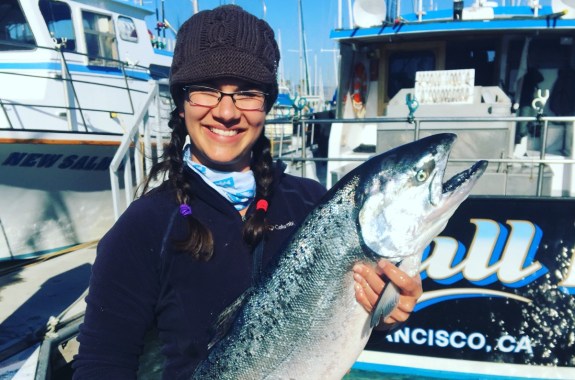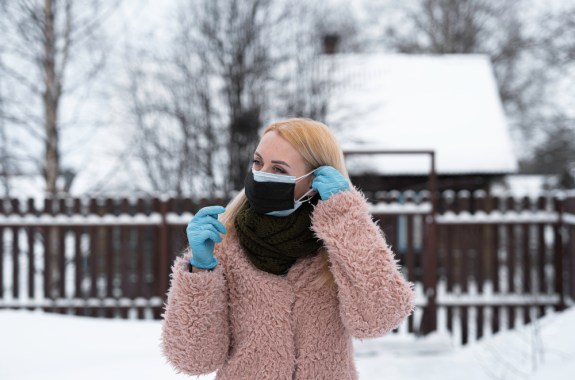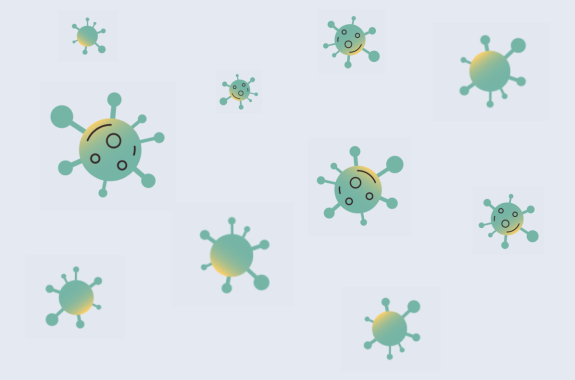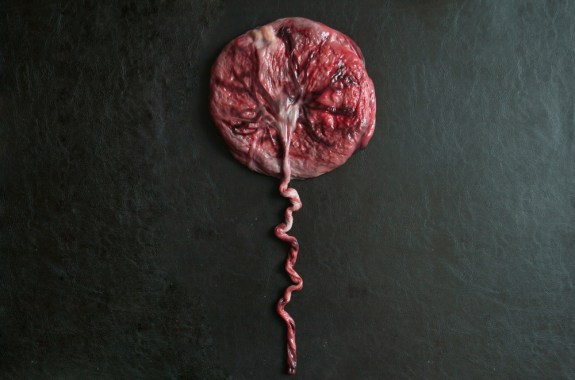Katie Feather is a former producer for Science Friday and the proud mother of two cats, Charleigh and Sadie.
Katie previously worked as a reporter and producer for KBIA, WHYY, WNYC and The New York Times and has a degree in science journalism from NYU. Her work reporting on events in Ferguson, Missouri, in 2014 won a National Murrow Award for small-market feature reporting.
A native of the New York metro area, Katie currently calls New Jersey home (and feels guilty about it). She hopes to one day live near the beach.
17:19
Talking Through The History Of Our Teeth
Ever wonder why we lose our teeth? Biological anthropologist Shara Bailey has the answers.
17:09
A Look Back At The Time Of The Tasmanian Tiger
Wildlife enthusiasts’ hopes were recently raised by a video of what looked like two adult thylacines, better known as the extinct Tasmanian tiger.
11:49
Memory And The Dreaming Mind
What role does sleep play in memory? Researchers look to lucid dreams for clues.
9:07
Progress In Considering Sex As A Biological Variable
Five years ago, NIH asked researchers to include how the sex of mice affects the outcome of pre-clinical research. One team member discusses what’s changed—and what lies ahead.
11:50
Fish Versus Feather: Georgia’s Salt Marsh Smackdown
Scientists capture unusual video evidence of a fish eating a seaside sparrow’s hatchlings, an example of how climate change is upending ecosystems.
17:22
Reprogramming Labor In Tech
Unions are rising in the technology world. A new labor movement is bridging the gap between blue collar and white collar tech employees.
11:59
Seeing The World Through Salmon Eyes
Dissecting eyes is helping measure what fish eat—and the value of different habitats.
12:09
The Thinking Behind New Double-Masking Recommendations
Why the CDC may update its guidance on masking, plus more science news stories from the week.
17:16
Will Vaccines Work Against New Variants Of The Coronavirus?
Vaccines are being tested against new variants of the coronavirus. Here’s what the latest data are telling us.
17:19
How Scientists Unravel The Mysteries Of The Placenta
The placenta is the only organ that can be grown temporarily and then discarded—but it’s hard to study while it’s doing its job.
